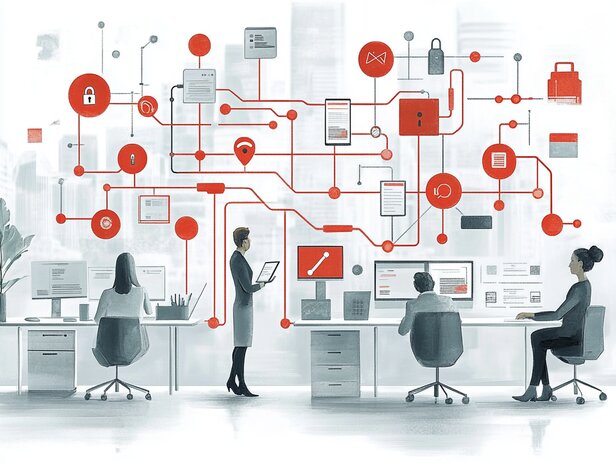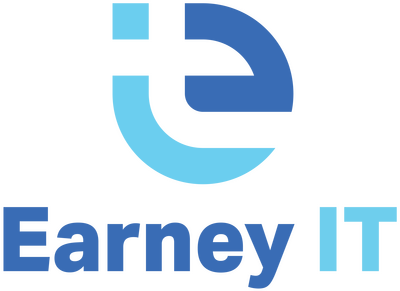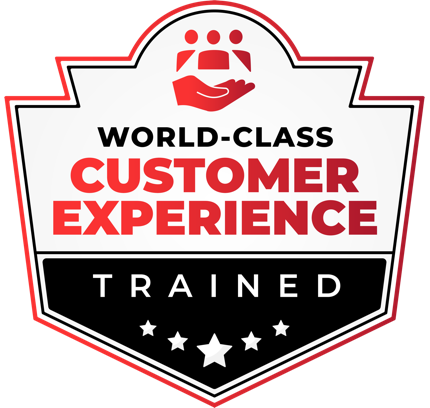 “Paranoid” might sound dramatic—but when it comes to how your business handles sensitive information, a little extra caution is a good thing.
“Paranoid” might sound dramatic—but when it comes to how your business handles sensitive information, a little extra caution is a good thing.
Whether you're running a dental office, law firm, or small business in Wilmington, Leland, Hampstead, or Jacksonville, NC, you're responsible for managing data that clients, patients, and colleagues trust you to protect. In today’s digital world, the line between helpful and harmful is easy to cross—and sometimes, you may not even realize it.
A Quick Example
Let’s say a team member replies to a client email and accidentally attaches the wrong document—maybe it includes medical history, tax ID numbers, or financial reports meant for someone else. It’s an honest mistake, but it could lead to serious consequences.
That’s the kind of situation we see often at Earney IT. It’s not always a data breach in the traditional sense—it’s often just simple, preventable mishandling of sensitive info.
SCHEDULE YOUR FREE RISK assessment now to see how your data is being handled and where you might be vulnerable.
Why a Little Paranoia Is a Good Thing
Being cautious doesn’t mean slowing down or overthinking—it means setting up a smarter, safer workflow for everyone on your team.
If you’re in healthcare, finance, law, or any industry that deals with personal data, a strong security mindset is a business necessity. And it doesn’t have to be complicated.
With just a few good habits and the right tools, you can protect your clients, your reputation, and your operations.
Smart Habits to Protect Sensitive Info
Here are a few simple habits every team can adopt—no tech expertise required.
1. Avoid texting or chatting about private info using personal apps
- Use secure, business-grade messaging apps that encrypt messages and limit access.
- Texts and casual chat apps may not be protected or compliant, especially when used on personal devices.
- If you’re discussing anything involving a patient, client, or employee—use the right tools.
2. Double check email attachments before hitting send
- Accidental file sharing is one of the most common mistakes we see.
- Preview attachments, and confirm you're sending them to the right person—especially when replying to a long thread.
- Label internal documents clearly so it's easy to tell what’s sensitive.
3. Only collect the information you truly need
- If you don’t need a Social Security number or detailed health history, don’t ask for it.
- The more data you collect, the more you're responsible for protecting.
- Keeping your intake forms and records lean can reduce exposure.
4. Use secure platforms for communication and file sharing
- Platforms designed for healthcare, finance, or legal industries offer better protection by default.
- Avoid mixing personal and business email accounts.
- Use tools with built-in encryption and user access controls.
5. Get professional insight into how your data is being handled
- Most small businesses don’t realize how many vulnerabilities they already have.
- A risk assessment can reveal gaps in your systems and processes—before something goes wrong.
- Our team at Earney IT helps local businesses in Wilmington, Leland, Hampstead, and Jacksonville tighten up their systems, reduce risk, and stay compliant.
Thoughtful = Trustworthy
Being thoughtful with your data doesn’t just protect you from fines or frustration—it builds trust with the people who rely on you.
When clients know their information is being handled with care, they feel safer. They’re more likely to stay loyal, refer others, and speak highly of your professionalism.
By creating a culture that prioritizes privacy and caution, you’re telling the world: “We take your trust seriously.” And that message speaks louder than any marketing campaign.
If you're not sure how secure your tools and processes really are, we can help you find out.
Let's Take a Look Together
Your systems don’t have to be perfect—but they do need to be protected.
SCHEDULE YOUR FREE RISK assessment today and get expert insight into how your business handles sensitive data, where you may be unknowingly exposed, and what you can do to protect your operations, your clients, and your peace of mind.










